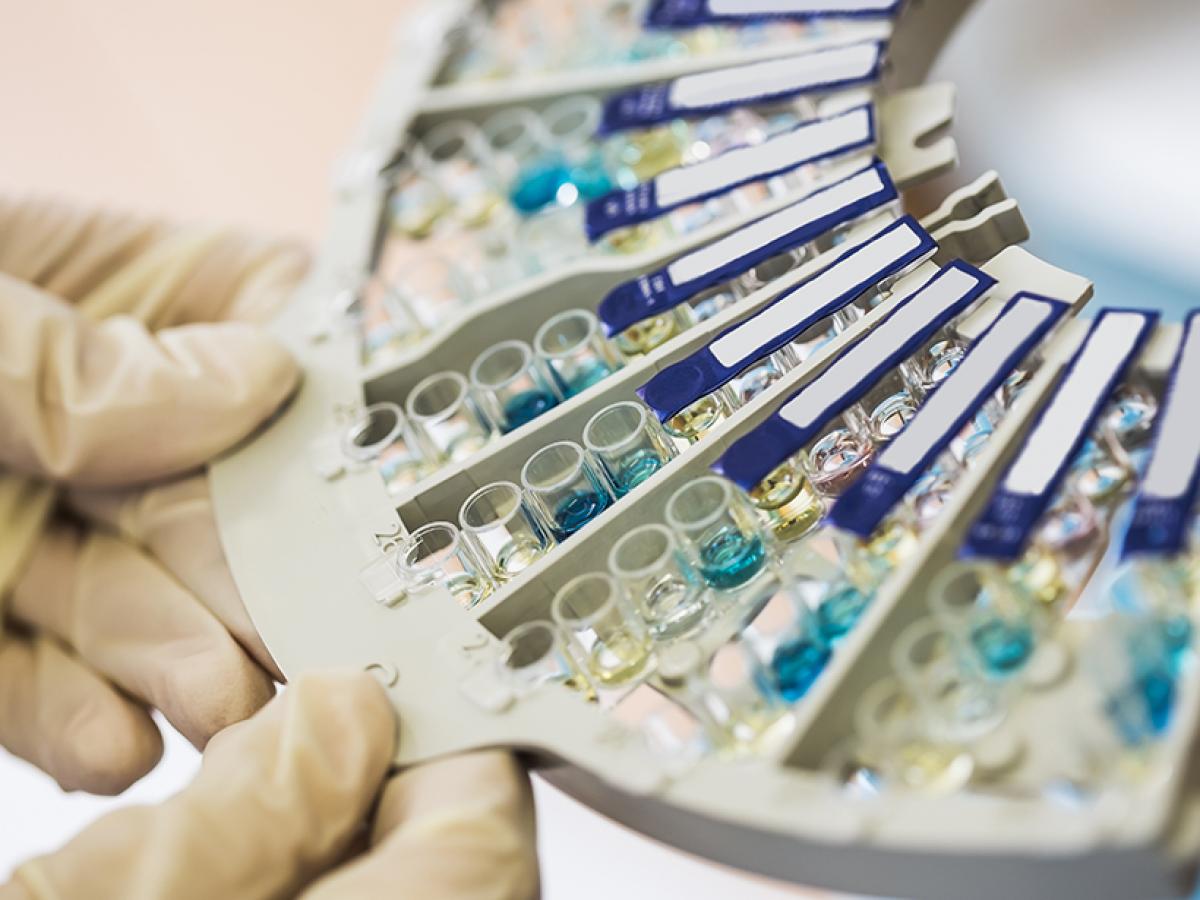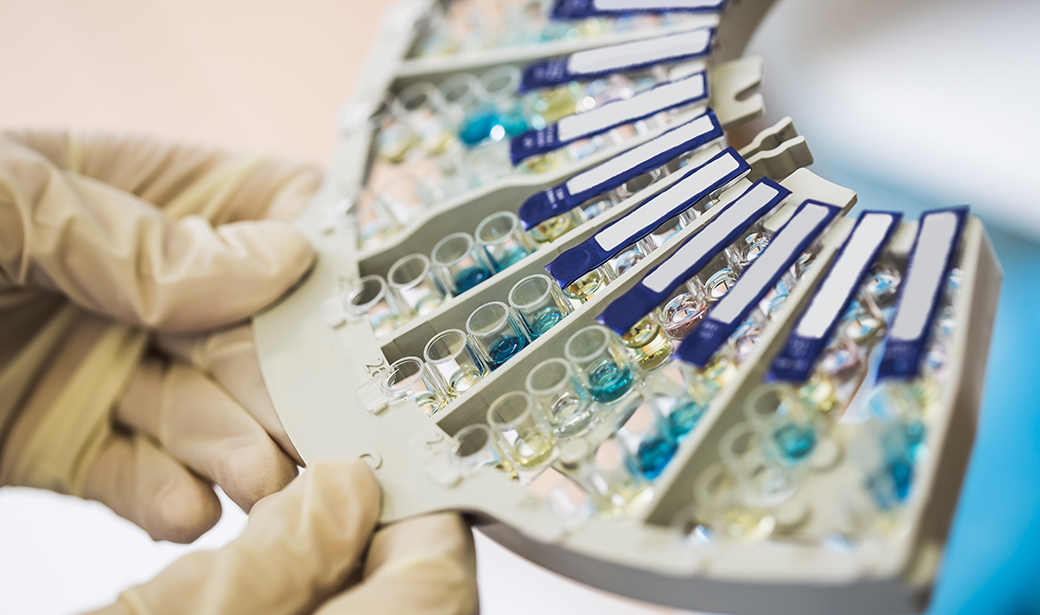July 27, 2020

As states and cities ease restrictions and businesses reopen, antibody testing has increasingly become a hot topic.
Not only are public health officials using antibody tests to determine the prevalence of COVID-19 in a community, but also many people are hoping an antibody test can tell them whether they have had past exposure, potentially offering them future immunity.
Here are the tops things to know:
How do antibodies work?
An antibody is molecule our immune system creates to attach to virus cells in order to stop them from spreading. Each antibody is uniquely designed to fight a specific virus, so a person fighting a cold would require a different antibody than a person fighting the flu, but two people fighting the flu would need the same antibody.
Once a specific antibody is created, the immune system keeps a small amount of it circulating in the blood stream even after the virus is gone. That way, if the virus shows up again, the immune system can quickly reproduce existing antibodies instead of starting from scratch each time.
What’s the benefit of antibody testing?
For community leaders and health experts, antibody testing has a couple benefits. The first is that it can help determine the prevalence of the virus in an area and help them make decisions about public health measures, such as limiting social gatherings. Antibody testing can also help researchers zero in on what sort of immune response is effective in fighting the disease, which is an essential piece for creating a vaccine.
For individuals, an antibody test can tell them whether they’ve previously been infected by COVID-19 by the presence of antibodies in their blood. The hope is that if they have the antibodies, then they may be immune to reinfection and no longer have to take precautions such as social distancing or wearing a mask. However, research is still being done to determine the level of immunity antibodies might offer — see If I test positive, does that mean I’m immune to COVID-19?
If I test positive, does that mean I’m immune to COVID-19?
There is still a lot to be learned about this virus. Although some studies suggest having COVID-19 antibodies might offer some level of protection, there isn’t enough data to know if that protection is short-lived or for a lifetime. For now, those who test positive should continue to take the same precautions as those who test negative or haven’t been tested.
Does MU Health Care offer antibody testing?
Yes, we currently offer antibody testing for patients who believe they may have had a previously undiagnosed COVID-19 infection. If you would like to get an antibody test, consult your doctor. However, you should be aware of the limitations of the test (see below).
How accurate are the tests?
There are two factors that go into accuracy: sensitivity and specificity. The two must work hand in hand for a truly accurate antibody test. A test has to be sensitive enough to detect antibodies, but specific enough to differentiate a COVID-19 antibody from that of a different virus.
If a test isn’t sensitive enough, it can lead to a false negative; in other words, saying a person doesn’t have the antibody despite previously being infected with the disease. If a test isn’t specific enough, if can lead to false positives, or saying a person has antibodies when they’ve never actually had the disease.
The current antibody test in our labs at MU Health Care is 100% sensitive and 99.3% specific.
Can you explain false positives and false negatives more?
False Positive = Low Specificity
Metal detectors used for security are a great example of false positives. The machine has to be highly sensitive to metal in order to detect any sort of material that could be used to make a weapon. However, the machine isn’t very specific in differentiating the metal used in a knife from metal used in a belt buckle, so non-weapon objects are often flagged as “false positives.”
False Negative = Low Sensitivity
Using metal detector example again, say security wanted to stop flagging jewelry and watches. Because those objects are typically smaller than most weapons, security could make the detector less sensitive to metal under a certain size, but then the machine might not be able to detect smaller weapons such as pocket knives, leading to “false negatives.”
So if tests are accurate, why not test everybody?
Along with sensitivity and specificity, there is one more component that must be considered for test accuracy: prevalence.
A test that is 99% specific is quite accurate but still has a 1% chance of delivering a false positive. That means out of every 100 tests, there is a chance one would come back positive and be wrong.
Consider a community that has only 1% of their population infected. Out of every 100 tests, one should come back positive. So, if 100 tests were performed using the 99% specific test, and only one came back positive, it would have the same chance of being an accurate positive as it would a false positive. With a 50-50 chance of being accurate, the tests wouldn’t provide much benefit or insights to the community.
Now consider a community with 10% of its population infected using the same 99% specific test. Out of 100 people, there should be 10 that test positive. With the chance that one of those tests is a false positive, each of those ten people would have a 90% chance that their test result is accurate. Even with a chance of one test being wrong, the community would still be able to get a good idea of how COVID-19 is impacting the area.
In Boone County, our infection rate is currently less than 1%. So even with a test that is 99.3% specific, we run a high risk of having false positives. That being said, the amount of research being done here and around the world is helping us learn more about this virus on a daily basis and is bringing us all one step closer to a vaccine.


